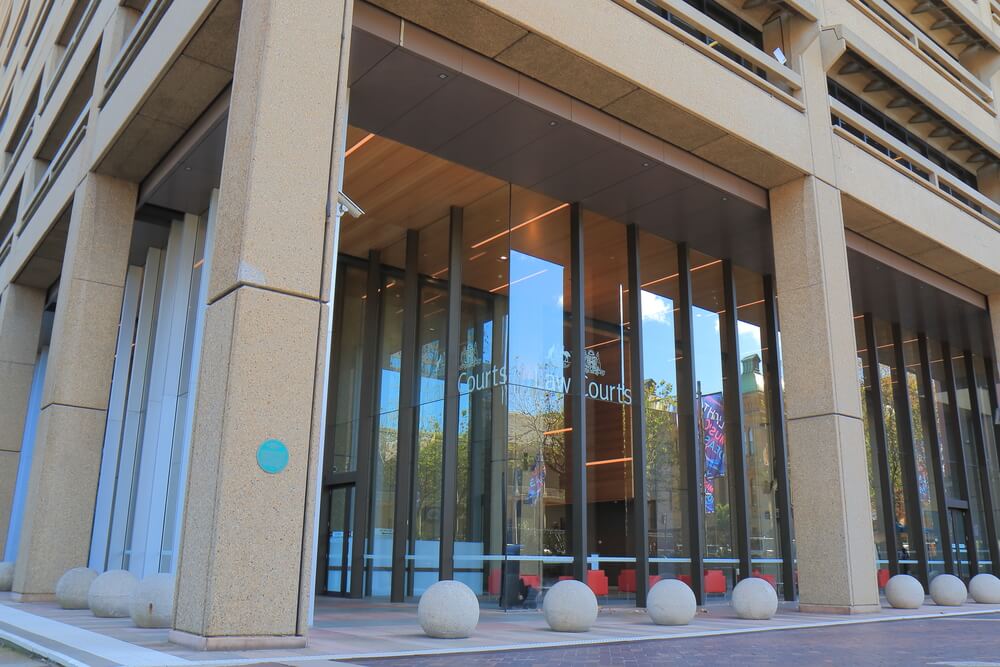Keybridge’s Bolton grilled over 1 min call he says secured ‘firm’ deal with Bell Potter


Keybridge Capital managing director Nicholas Bolton has been grilled over a phone call in April 2015 lasting one minute and 18 seconds in which the activist investor claims Bell Potter bound its client to buy $10 million worth of shares in defunct Molopo Energy.
For information on rights and reprints, contact subscriptions@lawyerly.com.au